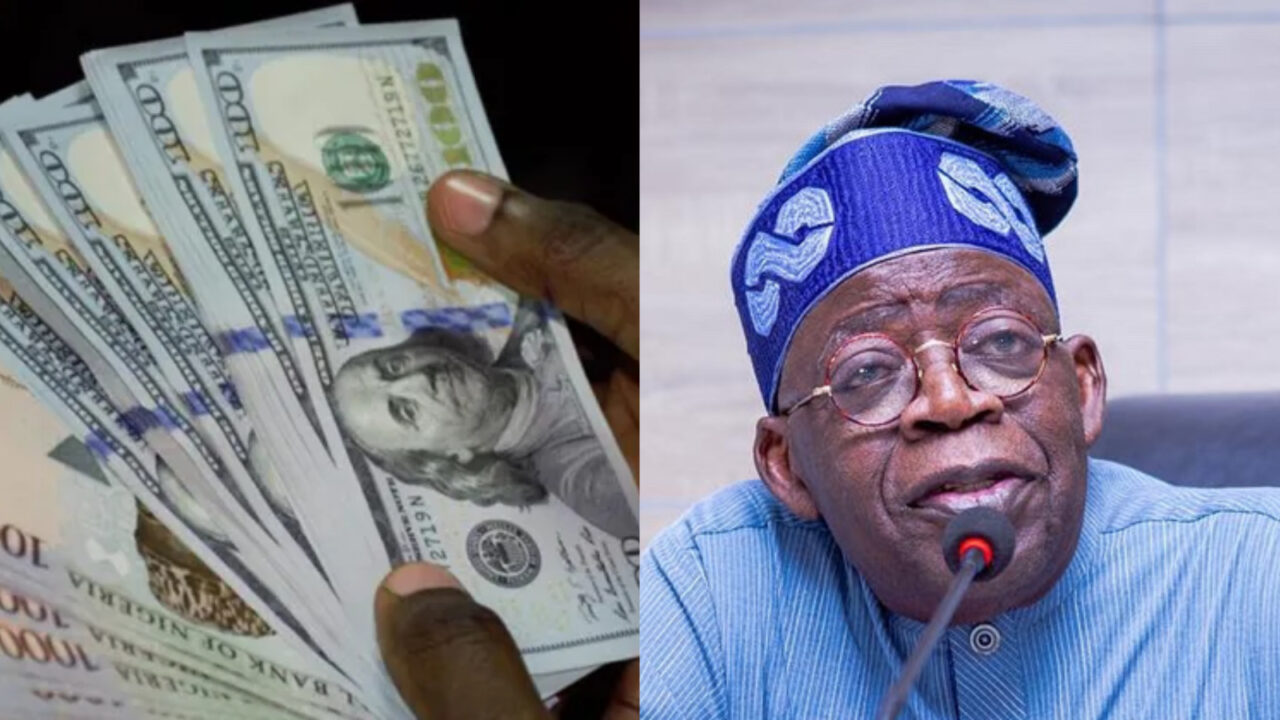Black market dollar to naira exchange rate Saturday 6th July 2024 can be accessed below.
IMPORTANT NOTE: The exchange rate changes hourly.… it depends on the volume of dollars available and the Demands. It means that…you can buy or sell 1 dollar at a certain rate and the price can change (high or low) within hours.
NewsOnline Nigeria has obtained the official naira black market exchange rate in Nigeria today including the Black Market rates, Bureau De Change (BDC), and CBN rates. Please note that the exchange rate is subject to hourly fluctuations influenced by the supply and demand of dollars in the market. As of now, you can purchase 1 dollar at a certain rate now, however, it’s important to keep in mind that the rate can shift (either upwards or downwards) within hours.
What is the dollar to naira exchange rate today?
The local currency (abokiFx) opened at ₦1,550 per $1 at the parallel market otherwise known as the black market, today, Saturday, 6th July 2024, in Lagos Nigeria, after it closed at ₦1,530.00 per $1 on Friday, 5th July 2024.
How does the black market dollar-to-naira exchange rate compare to the official rate?
NewsOnline Nigeria reports that the naira weakened further against the dollar on Wednesday, closing at N1,507.83/$1, based on the latest data from the FMDQ, which manages the NAFEM window where currencies are officially traded.
Throughout June, the exchange rate had been stable, fluctuating between N1,470/$1 and N1,480/$1. However, yesterday marked a significant shift as it breached the N1,500 threshold.
The difference between the black market rate and the official rate is called the parallel market premium. The parallel market premium indicates the degree of divergence between the official and unofficial markets and reflects the level of confidence in the naira and the CBN’s policies.
Factors Influencing Foreign Exchange Rates
Here are some of the causes of the dwindling dollar-to-naira exchange rate.
Inflation Rates: It is well known that inflation directly impacts black market exchange rates. If the Nigerian economy can be stabilized and inflation is controlled, the naira will benefit; however, if the naira continues to fall, it may indicate that food and other necessities are becoming more expensive daily.
Interest Rates: Another tool to keep an eye on is interest rates. If the interest rate at which banks lend money rises, it would harm the economy, causing it to contract and, as a result, the value of the naira to fall.
Government Debt: National debt can impact investor confidence and, as a result, the influx of funds into the economy. If inflows are high, the naira exchange rate will rise in favour of the naira.
Speculators: Speculators frequently impact the naira-to-dollar exchange rate. They stockpile money in anticipation of a gain, causing the naira to plummet even lower.
Conditions of Trade: Favorable trade terms will increase the value of the naira to the dollar, although Nigeria is currently experiencing a trade deficit. Everything comes from China, India, and the majority of Asian countries.
Disclaimer: NEWSONLINE NIGERIA does not set or determine forex rates. The official NAFEX rates are obtained from the website of the FMDQOTC. Parallel market rates (black market rates) are obtained from various sources including online media outlets. The rates you buy or sell forex may be different from what is captured in this article.
